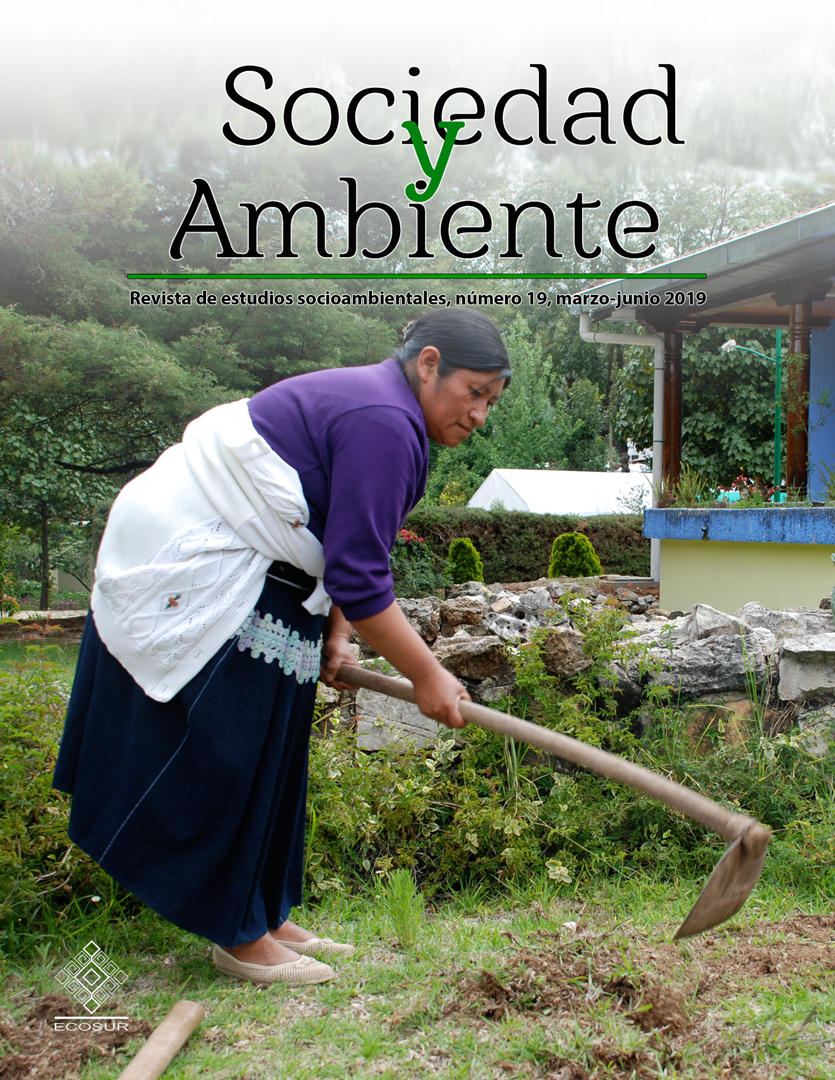Resumen
El objetivo del artículo fue analizar los factores sociales que propician la riqueza vegetal en huertos familiares de tres localidades rurales del Estado de México. El enfoque teórico de estrategia de vida se utilizó para indagar las acciones realizadas por las personas de ingresos bajos en dichas localidades. La metodología consistió en: selección y caracterización del área de estudio; descripción de las familias y los huertos familiares; análisis del manejo de los agroecosistemas, la riqueza de especies y su aprovechamiento; y exploración de factores sociales asociados a la riqueza vegetal. Los resultados revelaron una riqueza de especies alta, se registraron 128 especies en las tres localidades, usadas para fines variados. Los valores del índice de Simpson D indicaron que la diversidad de especies en los huertos familiares es baja (> 0.9). La familia se distribuye las prácticas de manejo, mismas que involucran creencias, costumbres y tradiciones locales. Los factores que favorecen la riqueza vegetal fueron la religión, la ocupación y el valor de uso del huerto familiar. Se concluye que los factores sociales identificados propician la agrobiodiversidad, influyendo en la estrategia de vida de huertos familiares.

Sociedad y Ambiente cuenta con una licencia Creative Commons Atribución/Reconocimiento-NoComercial-CompartirIgual 4.0 Internacional


